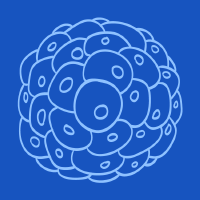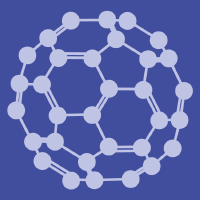Topic Menu
► Topic MenuTopic Editors

2. Coimbra Chemistry Centre, Institute of Molecular Sciences—IMS, Faculty of Sciences and Technology, University of Coimbra, 3004-535 Coimbra, Portugal

2. Coimbra Chemistry Centre, Institute of Molecular Sciences (IMS), Faculty of Sciences and Technology, University of Coimbra, 3004-535 Coimbra, Portugal

2. UnIC@RISE, Department of Surgery and Physiology, Faculty of Medicine of the University of Porto, 4200-319 Porto, Portugal
3. LAQV/REQUIMTE, Department of Chemistry, University of Aveiro, 3810-193 Aveiro, Portugal

2. Coimbra Institute for Biomedical Imaging and Translational Research, University of Coimbra, Coimbra, Portugal
Findings, Insights and Perspectives on Central Nervous System Tumors
Topic Information
Dear Colleagues,
Central nervous system (CNS) cancers are neoplastic diseases stemming from the brain and its surrounding structures, with increasing incidence, and high mortality and morbidity rates worldwide. They are characterized by their aggressive nature, marked heterogeneity and adaptation to chemoresistance, leading to a poor prognosis and clinical outcome. With the ongoing advances in research, the medical field is trying to abandon the “one size fits all” philosophy and adopt a personalized medicine approach, developing novel drug and formulation strategies that can target specific disease biomarkers. The aim of this topic is to provide a forum for researchers and clinicians to share their latest findings, insights, and perspectives on CNS tumors. We welcome original research and review articles on a range of topics related to CNS neoplasms, including, but not limited to, the following: (1) the molecular and cellular mechanisms of cancer initiation, progression, and resistance; (2) advances in diagnosis and treatment; (3) novel drug delivery strategies for cancer therapy; (4) new diagnostic and prognostic biomarkers; (5) innovative 3D microphysiological models for cancer and tumor microenvironment research; and (6) the synergy of machine learning in designing more efficient therapies.
Dr. João Basso
Dr. Carla Vitorino
Dr. Rui Vitorino
Dr. Ana Fortuna
Topic Editors
Keywords
- artificial intelligence
- biomarkers
- brain cancer
- drug delivery
- drug repurposing
- glioblastoma
- molecular signatures
- nanomaterials
- organoids
- targeted therapy
Participating Journals
| Journal Name | Impact Factor | CiteScore | Launched Year | First Decision (median) | APC | |
|---|---|---|---|---|---|---|

Cancers
|
5.2 | 7.4 | 2009 | 17.9 Days | CHF 2900 | Submit |

Cells
|
6.0 | 9.0 | 2012 | 16.6 Days | CHF 2700 | Submit |

Diseases
|
3.7 | - | 2013 | 18.8 Days | CHF 1800 | Submit |

Nanomaterials
|
5.3 | 7.4 | 2010 | 13.6 Days | CHF 2900 | Submit |

Pharmaceutics
|
5.4 | 6.9 | 2009 | 14.2 Days | CHF 2900 | Submit |

MDPI Topics is cooperating with Preprints.org and has built a direct connection between MDPI journals and Preprints.org. Authors are encouraged to enjoy the benefits by posting a preprint at Preprints.org prior to publication:
- Immediately share your ideas ahead of publication and establish your research priority;
- Protect your idea from being stolen with this time-stamped preprint article;
- Enhance the exposure and impact of your research;
- Receive feedback from your peers in advance;
- Have it indexed in Web of Science (Preprint Citation Index), Google Scholar, Crossref, SHARE, PrePubMed, Scilit and Europe PMC.

